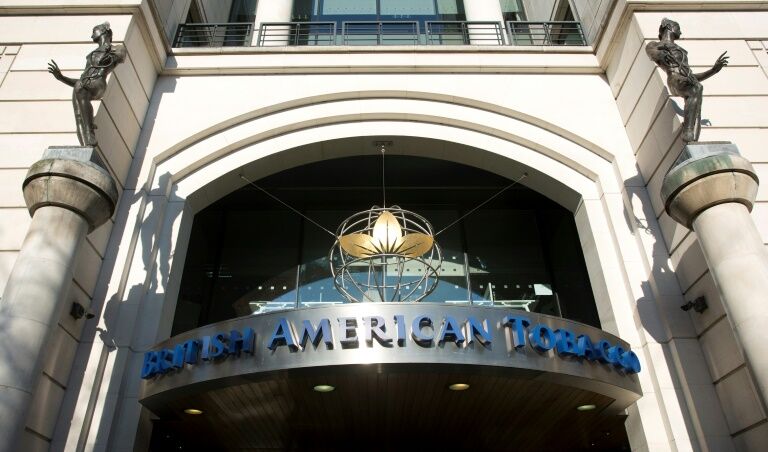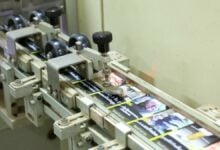British American Tobacco to pay over US$600m for violating US sanctions on North Korea

British American Tobacco (BAT) agreed to pay over US$600 million to settle allegations that it sold cigarette materials to North Korea for a decade in breach of United States sanctions, the US Justice Department announced yesterday. This is the harshest action ever taken by US authorities against a company for violating North Korean sanctions, with BAT’s Singapore subsidiary agreeing to plead guilty to felony charges of bank fraud and sanctions-breaking.
It is claimed that between 2007 and 2017, BAT used a network of front and shell corporations to supply North Korean cigarette manufacturers. US officials assert that the company was aware it was in violation of sanctions imposed on Pyongyang due to its nuclear weapons programme. In 2007, the BAT’s Standing Committee, including senior executives in London, authorised the scheme “due to concerns over its public association with North Korea and difficulty remitting profits out of the country,” according to a statement by the US Treasury.
Apart from trading with North Korea, BAT’s operation allegedly processed dollar payments through US banks as a result of its trade, concealing the origins of the funds, as detailed in the charges. Investigators believe that BAT’s Singapore subsidiary “maintained control over all relevant aspects of the North Korean business,” the Justice Department stated.
Furthermore, even though BAT sought to withdraw from the arrangement in 2016 due to increasingly stringent international sanctions on Pyongyang, US officials claim that it continued to sell cigarettes to North Korea’s embassy in Singapore in 2017. Assistant Attorney General Matthew Olsen said…
“British American Tobacco and its subsidiary engaged in an elaborate scheme to circumvent US sanctions and sell tobacco products to North Korea through a corporate cutout in Singapore.
“This is the single largest North Korean sanctions penalty in the history of the Department of Justice, and the latest warning to companies everywhere about the costs and the consequences of violating US sanctions.”
The Justice Department has calculated the total sum at US$629 million, while BAT declared it to be US$635 million, without offering an explanation for the discrepancy. Prior to the settlement, the company had already allocated US$540 million to cover the costs, stating that it would not affect its financial guidance to investors for 2023. BAT’s chief executive Jack Bowles said…
“We deeply regret the misconduct arising from historical business activities that led to these settlements, and acknowledge that we fell short of the highest standards rightly expected of us.” The company claims that it terminated its dealings with North Korea in 2017.
The United Nations put sanctions on North Korea following the country’s nuclear test in 2006, with the US subsequently imposing even stronger unilateral trade restrictions.
In a separate development, the Justice Department issued an indictment for North Korean banker Sim Hyon-Sop and Chinese nationals Qin Guoming and Han Linlin for running an operation to procure leaf tobacco for North Korean cigarette makers. The trio are accused of using a variety of companies registered in New Zealand, the UK and Dubai to process the trade and payments.
At least US$74 million in payments were processed through the US banking system, violating sanctions. The indictment also revealed that North Korean manufacturers received roughly US$700 million from the trade. North Korea’s tobacco industry is notorious for exporting large quantities of counterfeit cigarettes under well-known brand names such as Marlboro and Mild Seven, generating substantial foreign exchange.
The US State Department has offered a US$5 million reward for Sim and US$500,000 each for Qin and Han. If apprehended and found guilty, they could face up to 30 years in prison for bank fraud.
Latest Thailand News
Follow The Thaiger on Google News:


























